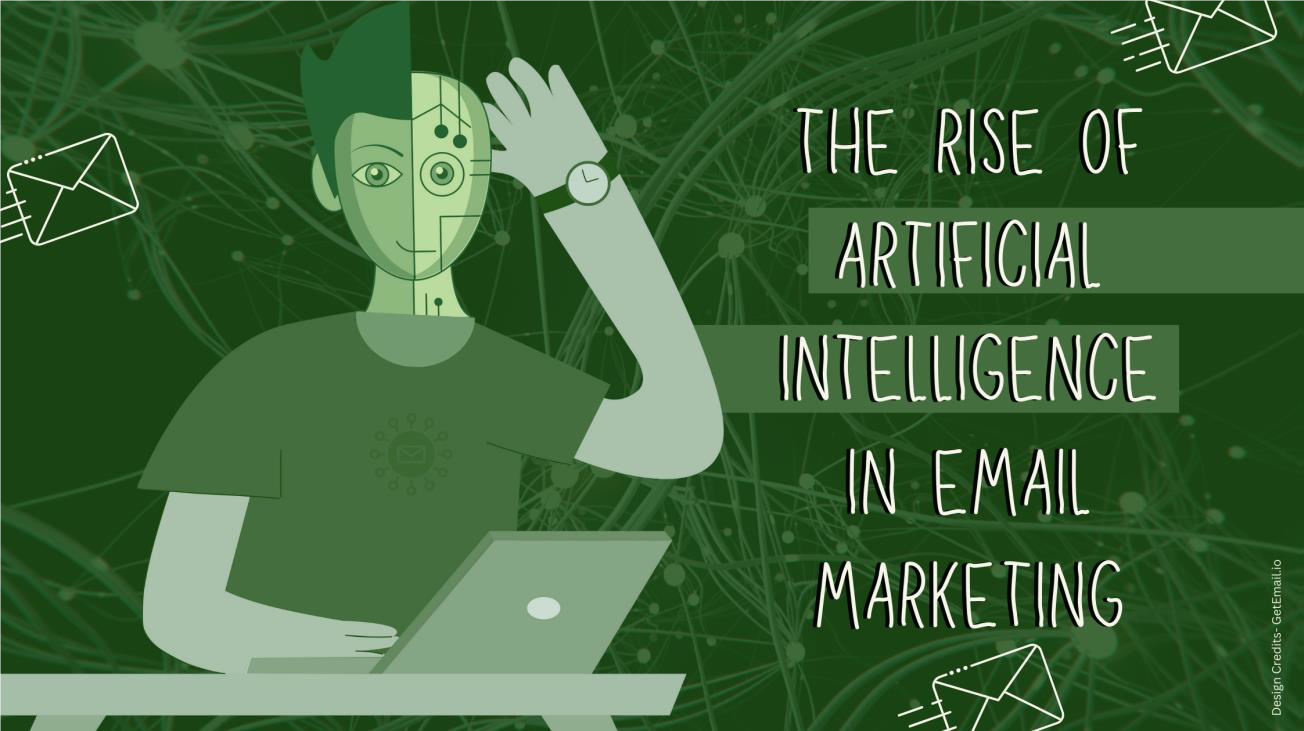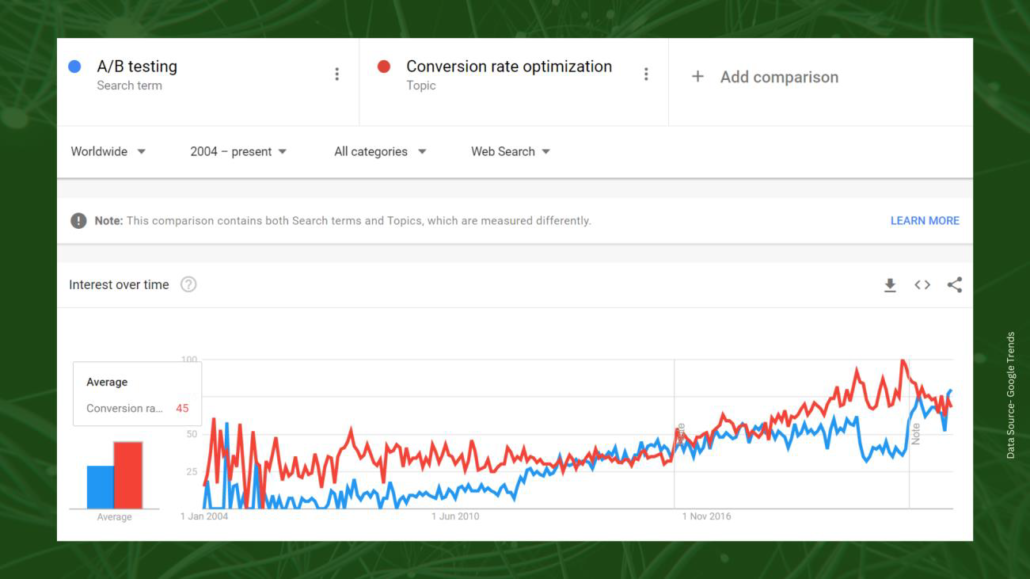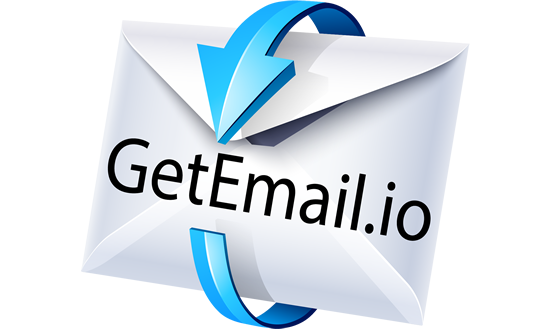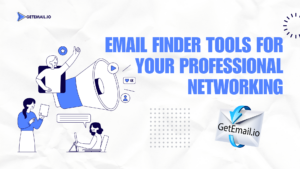
Email marketing has now come a long way from the early days of batch and blast campaigns. AI in email marketing is contributing significantly to this evolution.
If you are curious about what this means, the batch and blast email technique was popular in the early days of email marketing. This method entails composing an email with a single message and sending it to many individuals, regardless of their interests, behavior, or preferences.
And what was the outcome of this strategy?
Usually lower rates of engagement and conversion. In addition, it decreased the efficiency of email marketing and caused many subscribers to unsubscribe.
That is not surprising, right?

Modern marketers use innovative resources and strategies to tailor, automate, and fine-tune their email campaigns for optimum impact.
And one of the technologies that looks to have the most potential in the future is artificial intelligence.
- In a survey of worldwide marketers done in late 2020, 41% of respondents reported increased revenue growth and enhanced performance due to the employment of AI in their marketing campaigns. Another 38% of respondents attributed the creation of tailored consumer experiences to the usage of AI in marketing.
Does that mean it will play a pivotal role in email marketing?
Most probably, YES!
Artificial intelligence (AI) in the context of email marketing is the application of machine learning algorithms and other cutting-edge technology to automate, personalize, and optimize email campaigns for greater success in terms of user engagement, click-through rates, and return on investment (ROI).
For example, GetEmail.io is an AI based professional email lookup tool, you can use for finding accurate email addresses of anyone on this planet in a few seconds. It operates based on artificial intelligence algorithm and is ideal for you if you are into the B2B industry.
Similarly, BeeFree is one of the best drags and drop design software. You could use it for designing mobile responsive emails and landing pages.
Now, these are not enough to understand what the true future of AI look like when it comes to email marketing.
In this blog, we will take a look at several significant facts, as well as some projections, in order to provide you with a clearer picture.
Whether you are a business owner, an email marketer, or someone simply curious about the latest trends, you will not want to miss what is coming next.
So, buckle up and get ready to discover the endless potential of artificial intelligence in email marketing.
You will also realize that if you are an email marketer and do not use AI, you are missing out on the benefits of what is perhaps the most revolutionary technology.
Now, let us get started.
Personalization – The Key to Unlocking Successful Email Marketing
Email marketing, as you are aware, has existed for several decades, yet it is not dead. In fact, it continues to be one of the marketing platforms that is the most effective for businesses of any size.
Right from a solopreneur to the world largest companies, email marketing is there everywhere!
Is it because it is easy?
Definitely not. Email marketing comes with its own challenges that one should address to yield the result.
What challenges do you often come across?
As mentioned before, email marketing is being used by almost every business, therefore because of the overwhelming number of emails that arrive in people’s inboxes daily, it is necessary for you, as an email marketer, to find ways to differentiate yourself from the rest of the pack.
What is the viable way to do that?
Well, personalization is one of the most powerful methods for accomplishing this goal, but it is also one of the most time-consuming.
Despite this, personalization is worth the effort.

Here are a few benefits that you can enjoy with a personalized approach in email marketing:
- A higher level of engagement
When you send messages to subscribers that are personalized to their preferences, they are more likely to open the messages, click on the links inside the messages, and take action.
- Helps to increase the number of conversions
Not only can personalization boost engagement rates, but it also contributes to an increase in conversion rates.
It should come as no surprise that when you provide people with information that is related to their requirements, it increases the likelihood that those people will take some kind of action.
It may be anything as simple as downloading a file, as complex as filling out a form, or as obvious as completing a purchase.
- Increased percentage of repeat business
It is more likely that subscribers will continue to be loyal clients if they think of the company, they subscribe to understand their requirements and preferences.
In fact, in a poll conducted in 2022 among people who purchased something online in the previous six months from various nations around the world, 62% responded that a company would lose their loyalty if it provided an unpersonalized experience.
In email marketing, personalization has long been a hot topic, but AI can take it a step further.
- According to survey conducted in February 2018 in the United States, it was observed that marketers who were using AI for email personalization said their revenue increased by 41% and CTR (Click Through Rate) was higher by 13.44%.
See how personalization is made possible by AI; the options are expanding even further.
- It was anticipated that by 2023, the global revenue of customer experience personalization and optimization software will surpass 9 billion U.S (United States) dollars.
AI has made it much simpler to tailor email campaigns to individual subscribers based on their demographic and behavior patterns.
For example, AI algorithms can evaluate subscriber data to create truly customized emails that resonate with individual behavior and preferences.
Have you witnessed the effectiveness of customization in your own email marketing campaigns? What methods have you used to make your content more personalized?
AI-Based Professional Email Lookup Tool – A Way to Supercharge Your Email List
In addition to the applications mentioned above, AI-based email lookup tools are another promising area for email marketing.
A well-built email list allows you to connect with your target audience, promote your brand and ultimately drive conversions. However, building an email list is often easier said than done, and it can be a time consuming and frustrating process when you do not have the right tools and resources.
Thanks to the AI based email lookup tools, these are helpful in saving time and efforts of marketers while building high quality email lists thereby improving the accuracy rate.
Therefore, if you are struggling with email list building, AI based email lookup tools are a savior.
These tools use machine learning algorithms to analyze vast amounts of data to find email address formats that are most likely to be valid and associated with the desired person.
This is how GetEmail.io works!

When you are manually searching for email addresses, it is easy to make mistakes or produce outdated or incorrect information. AI algorithms, however, can quickly verify email addresses and ensure that you are working with accurate and up to date data.
And as you know, with more accurate email addresses, all your email campaigns can be more effective in reaching the intended audience group and avoid sending emails to the wrong people or wasting time and resources on ineffective campaigns.
Have you used AI-based email lookup tools in your email marketing efforts? Have they impacted your email list building strategies?
In case you have not tried a professional email lookup tool, you can sign up for the freemium package of GetEmail.io, where you get a hundred free credits.
Isn’t it enough to test the efficiency of the tool?
The tool is compatible with various applications such as LinkedIn, Salesforce, Gmail, Outlook,etc.

Whether you are just starting out with email list building or in pursuit of improving your existing strategy, AI based professional email lookup tools could be the key to unlocking success.
Here’s a summary of why AI tools like GetEmail.io are your ultimate email search tool.

Automating Tasks for Greater Efficiency
Another way that AI is changing email marketing is through automation.
With AI-powered automation tools, email marketers can streamline tasks such as list segmentation, A/B testing, and email scheduling, freeing up more time for content creation and engagement.
- In 2020, the automated welcome emails sent by e-commerce operators had an open rate of 30.45% and 2.81% conversion rate, and the automated cart abandonment emails had a 2.37% conversion rate & the open rate stood at 32.1%, according to worldwide data collected on an e-mail marketing automation platform.
Doesn’t this metric highlight the potential benefits of automation for email marketers?
- In fact, Statista conducted a survey from February 15 to 23, 2022.
The survey question was about the areas in which the respondents were testing or utilizing artificial intelligence in conjunction with their marketing automation.
32% of respondents said they were using artificial intelligence along with marketing automation for paid advertising, as well as for the personalization of email message offers.
While 22% of respondents utilized AI for product and content recommendations, as well as the personalization of email subject lines.
With the statistics shown above, are you ready to surrender control to AI automation?
Have you experimented with automation in your email campaigns? What tasks have you automated, and how have you seen it impact your results?
A/B Testing Gets Smarter

As the graph above shows, interest in A/B testing has been steadily increasing since 2010. From 2016 and 2018, there appears to have been a plateau in interest, but it has begun to rise again.
In light of the fact that A/B testing has become an increasingly popular and significant issue in recent years, you must keep up with the current trends and best practices for improving your email campaigns.
The employment of artificial intelligence is one such development. Absolutely, A/B testing is becoming smarter with AI!
By automating and optimizing the testing process, AI algorithms can play a crucial role in A/B testing for email marketing, helping marketers to boost the efficiency of their email campaigns.
Do you want to know how?
Let us go deeper.
Automated testing of several versions of email content
AI allows you to test many versions of email content, such as subject lines, preheaders, graphics, and call to action buttons, automatically.
The AI algorithms can assess test results in real time to discover which versions perform best, allowing you to make data-driven decisions regarding which email content to employ in your campaigns.
Furthermore, using more advanced AI techniques such as machine learning, AI can learn from previous performance data to generate more precise projections and suggestions for future campaigns.
Personalization of A/B tests for email marketing
The A/B testing procedure can be made more specific to each receiver by using AI algorithms.
By evaluating user data, such as their browsing history and previous email engagement, AI algorithms could identify which versions are most likely to resonate with each specific recipient and then customize the testing process.
As a result, email campaigns will become more relevant and effective.
Email timing and frequency optimization
Yes, AI algorithms can be used to figure out how often and when to send emails based on how the recipients act.
AI algorithms can figure out the best days and times to send emails to each recipient by looking at their data and how often they interact with emails.
How exactly does this contribute to anything?
It can help to enhance your email campaign open and click through rates while decreasing unsubscribes and spam complaints.

Predictive Analytics
Another area where AI is transforming email marketing is predictive analytics.
Data analysis and future outcome predictions are made using predictive analytics, which also makes use of machine learning, data mining, and other AI technologies.
In email marketing, predictive analytics can be utilized to evaluate subscriber activity, anticipate their future behaviors, and then customize email content accordingly.
For example, if a subscriber routinely clicks on links relating to a given product or service, predictive analytics can assist email marketers in sending them customized emails promoting those items or services.
- According to a study by Statista, the market size of predictive analytics is expected to reach $11.8 billion by 2022, up from $4.56 billion in 2017.
This growth is a testament to the power of predictive analytics and the impact it can have on email marketing.
Here are some of the ways that AI is revolutionizing predictive analysis in email marketing:

Segmentation
AI-powered predictive analytics can assist you in more efficiently segmenting your audience based on criteria such as prior behavior, purchasing history, and demographics.
That way, you may tailor your campaigns to reach specific subsets of your audience with greater success.
For example, let us say you are an email marketer for an online bookstore. You want to create an email campaign to promote your new fiction collection.
Using AI powered analytics, you analyze your reader’s/audience’s past behavior and preferences, including email opens and clicks, purchase history, and website activity.
Based on this data, you segment your audience into diverse groups based on factors such as their preferred book genre, authors, past purchases, age group and geographic location.
In this case, you might create segments such as “Men who have previously purchased books,” “women who have previously bought fiction books,” and “people who likes a particular author.”
Personalization
By analyzing past interactions and behavior using machine learning algorithms, you can develop more tailored content that is highly certain to delight your readers and drive conversions.
Using the aforementioned example, you may send email content with a subject line relating to the new fiction book collection to women who have previously purchased fiction novels.
This will increase engagement and conversion.
Lead scoring
AI-powered lead scoring can assist you in identifying and prioritizing the most prospective leads for follow-up.
AI algorithms can anticipate which leads are most likely to convert by examining data such as prior behavior and demographics, allowing you to focus your efforts on those leads.
Using this type of predictive analysis enabled by AI, you can write emails that are more relevant to your audience and more likely to result in conversions.
AI Chatbots: The Future of Conversations
Another promising use of AI in email marketing is chatbots.
While email marketing remains a crucial tool for organizations to reach their target audience, AI chatbots provide a new approach to engage customers and enhance conversion rates.
With the ability to comprehend natural language and give customized responses, chatbots can enhance the consumer experience and increase engagement.

Here are some interesting statistics (Data source – Statista) about the use of chatbots around the world:
Chatbots usage in demand generation programs by US B2B marketers
According to a poll conducted in the United States in October 2022, 57% of B2B marketers employed chatbots in their demand generation initiatives to better understand their audience.
Another 55% said they used it to generate new leads.
Furthermore, 43% of marketers indicated that chatbots assisted them in educating their prospects.
Impact of chatbot usage on B2B (Business to Business) lead generation in the US
A survey was conducted in October 2022, and it was shown that 26% of B2B marketers who used chatbots in their marketing strategies got 10-20% additional lead generation volumes.
Another 25% reported a 5-to-10% boost in lead generation.
Furthermore, 15% of B2B marketers said chatbots helped them enhance lead generation by more than 30%.
Customer service agents’ opinion
According to a March 2017 survey, 64% of respondents believe chatbots would enable them to create more personalized service experiences for their consumers.
In another poll done around the same time period, 64% of respondents claimed that when their contact center deploys chatbots for customer care, they feel more satisfied and devoted to their profession.
The aforementioned figure sheds light on how chatbots are increasingly being used in B2B lead generation and marketing in the United States, and how this may improve customer experience.
Additionally, as customers expect quick responses to their concerns, chatbots can assist email marketers in automating customer support and engagement.
Chatbots powered by AI can assist in answering common queries, making recommendations, and even completing transactions without the need for human participation.
And with the capacity to learn from previous conversations, chatbots can become increasingly intelligent and efficient over time.
We may claim that the use of AI chatbots is the future of email marketing since it provides a novel approach to communicate with clients and provide a tailored experience that delivers results.
The Potential ROI (return on investment)

As we have talked about so far, using AI for email marketing can help businesses improve the efficiency and efficacy of their email marketing campaigns, which can lead to more revenue and profits.
As a result, the possibility of a higher return on investment is a compelling factor for companies to invest in artificial intelligence for email marketing.
ChatGPT in Email Marketing
ChatGPT has already generated a lot of buzz because it took less than 5 days to achieve a million members, a new record among digital phenomena.
When it comes to email marketing, this generative AI application can help you draft emails faster, come up with distinctive ideas, and even surprise you with great email ideas you may not have even contemplated previously.
What else is there?
It can generate many versions of the same email with varied subject lines and content. You may use this to run A/B testing and evaluate which variation performs best.
This improves the return on investment.
Conclusion
The use of artificial intelligence (AI) in email marketing has the potential to open up many new avenues of success.
From AI-powered chatbots to predictive analytics, AI is poised to transform how marketers communicate with subscribers and optimize email marketing.
Yet with the advent of AI-based email lookup tools such as GetEmail.io and interactive AI technologies, the possibilities have become much more extensive.
By taking advantage of these resources, you may improve the quality of your email database, gain a deeper understanding of your target demographic, and send out more successful marketing campaigns via email.
According to Grand View Research, the worldwide AI industry was worth $136.55 billion in 2022 and is expected to increase at a compound annual growth rate of 37.3% between 2023 and 2030.
This suggests that the AI market is rapidly expanding, with tremendous room for growth.
As organizations across several industries continue to use AI technology, the industry is likely to grow at a rapid pace, opening up new potential for innovation and investment.
To summarize, the usage of AI in email marketing is no longer a trend, but a need.
What are your thoughts on the future of artificial intelligence in email marketing?
Please let us know in the comments!






